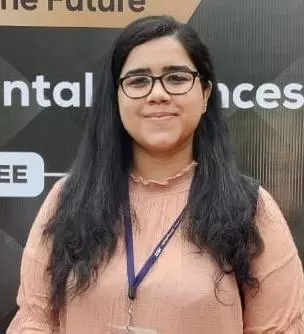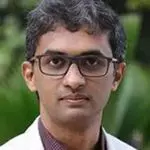Busting Common Myths Around Breast Cancer Ft. Dr Santhosh Kumar Devadas
Overview
Breast cancer awareness - a subject that affects millions of women and families worldwide. With early detection and education playing key roles in improving outcomes, it’s important to shed light on the latest advancements, preventive measures, and the importance of regular screenings.
In the interview, Medical dialogues team spoke to Dr Santhosh Kumar Devadas, Consultant Medical Oncology, Ramaiah Memorial Hospital, to bust some common myths around breast cancer.
Medical Dialogues team discussed the below mentioned myths and questions:
1. A lump is the only sign of breast cancer
2. Breast cancer always requires a mastectomy
3. Wearing a bra increases the risk of breast cancer
4. Breast cancer is always hereditary
5. Mammograms are only for older women
6. If there are no symptoms, there is no breast cancer
7. Antiperspirants cause breast cancer
8. How to perform breast self-examination at home?
9. What to expect during a mammogram?
Speakers
Dr. Bhumika Maikhuri
BDS, MDS



